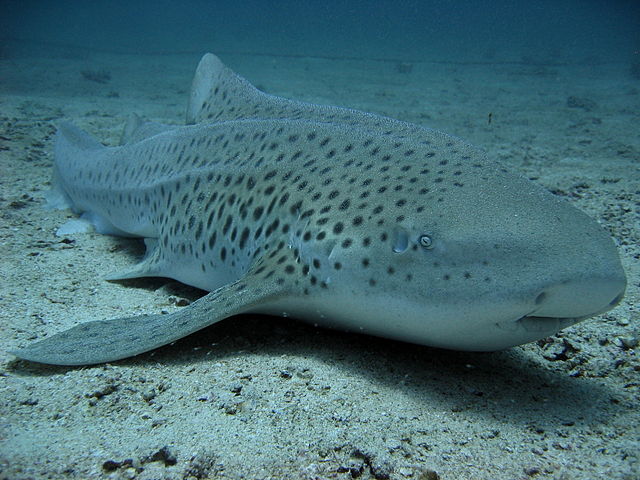A female zebra shark at Australia’s Reef HQ aquarium has stunned scientists by producing live babies without a male. The shark, Leonie, had been separated from its long-term mate for three years.
There have been cases of “virgin births,” where animals such as sharks, rays and reptiles have offspring as a reproductive strategy for survival. But this is the first time that a female shark has been seen to have reproduced asexually after having mated before, CNN reports.
This is only the third time a vertebrate of any species has been documented to switch from sexual to asexual reproduction. A boa constrictor and an eagle ray, both in captivity, are the only other species to have conducted this biological shift.
The aquarium had hoped to scale down its shark breeding program, as Leonie had already produced over two dozen offspring from 2006 onwards. She was separated from her mate in 2012. But in 2016, the shark suddenly laid eggs, which produced three hatchlings.
Sharks are known to store sperm for up to four years, but the pups only contained Leonie’s DNA. In essence, she made the offspring herself. One of Leonie’s offspring, a female named Lolly, was moved to the same tank as her mother and also produced eggs without mating.
Hamish Tristram, a senior aquarist with Reef HQ, said,
It was definitely a surprise. She had been mating successfully for several years, and there was nothing much published about such large animals switching reproductive strategy so quickly.
Christine Dudgeon, a biologist at the University of Queensland who has been working with the Reef HQ aquarium, said it’s not unusual for sharks to lay eggs without a male present. “It’s much like a chicken — they lay eggs whether they are fertilized or not, if the conditions are good.”
The first time Leonie laid eggs, aquarium staff noticed that some of the eggs contained embryos, and attempted to incubate them. None hatched. The next year, three of Leonie’s eggs and two of Lolly’s eggs produced live hatchlings.
The full report on Leonie was published in Scientific Reports.
























